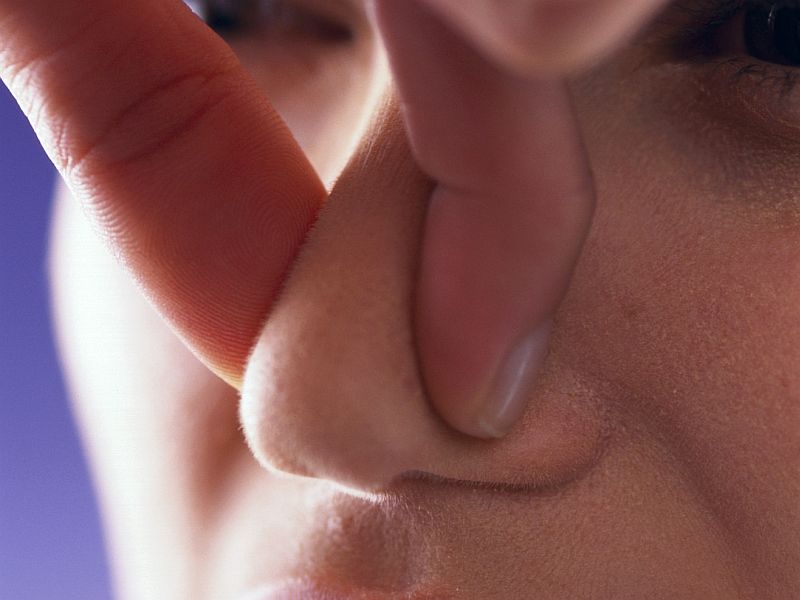Get Healthy!

- Robert Preidt
- Posted January 2, 2019
Can't Taste Anything? You Might Want to Check Your Nose
Don't blame a loss of taste on your mouth, new research suggests.
Instead, most people can thank their nose for the problem, the study authors said.
The research team at the Virginia Commonwealth University's Smell and Taste Disorders Center examined the records of 358 patients who were evaluated for a taste disorder or combined taste/smell disorder between 1980 and 2017.
Instead of a measurable loss of taste, most of the patients checked for a taste disorder actually had problems with their sense of smell. Those checked for taste disorder only were more likely to have taste problems than those checked for both taste and smell loss.
Of the 295 patients who reported taste and smell loss, almost 87 percent had abnormal smell function and only 9.5 percent had abnormal taste function, the findings showed.
Of the 63 patients who reported taste loss only, 44.5 percent had abnormal smell function and only 25.4 percent had abnormal taste function, the researchers found.
The findings support the theory that patients who report taste loss are more likely to have an underlying problem with smell rather than an actual taste problem, said lead researcher Dr. Evan Reiter. He is a professor in the department of otolaryngology at Virginia Commonwealth.
"Many people are not aware of how these two distinct sensory systems function together to create taste perceptions of the foods we eat," Reiter said in a university news release.
"As such, our findings indicate that most patients presenting with a complaint of alteration of the sense of taste are not aware that this is usually due to a loss or change in sense of smell," he added.
Reiter explained that smell is the "main contributor of how we perceive complex flavors of foods," while taste is responsive primarily to salty, sweet, bitter and sour sensations. Receptors in the nose assist in taste by responding to the distinct odors of foods in the mouth.
The study was published recently in the International Forum of Allergy and Rhinology.
More than 10 percent of U.S. adults reported loss of smell within the past year and 23 percent experience smell loss at some point in their lives, according to the U.S. National Health and Nutrition Examination Survey.
More information
The American Rhinologic Society has more on smell and taste disorders.
SOURCE: Virginia Commonwealth University, news release, Dec. 19, 2018







